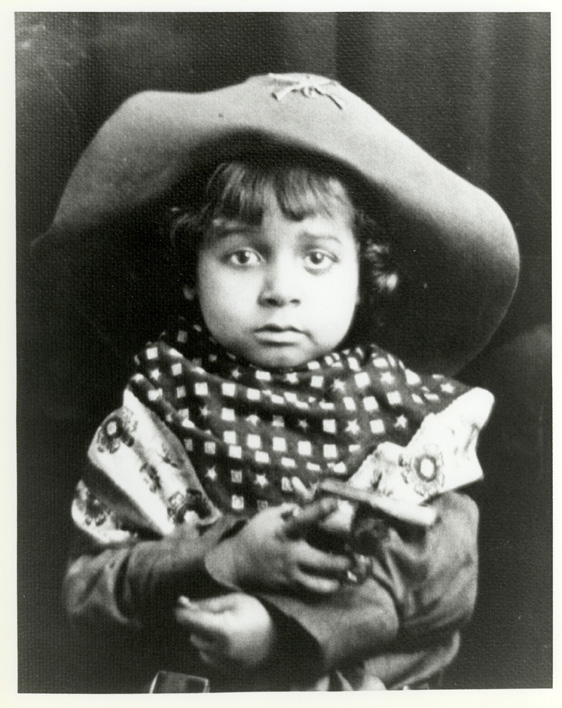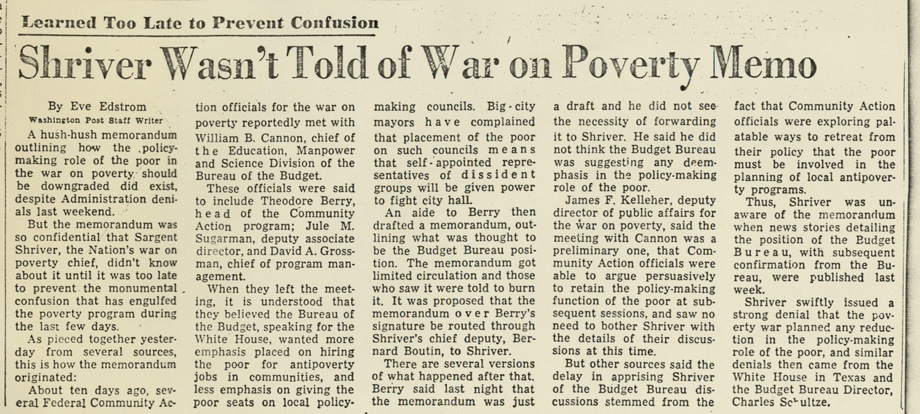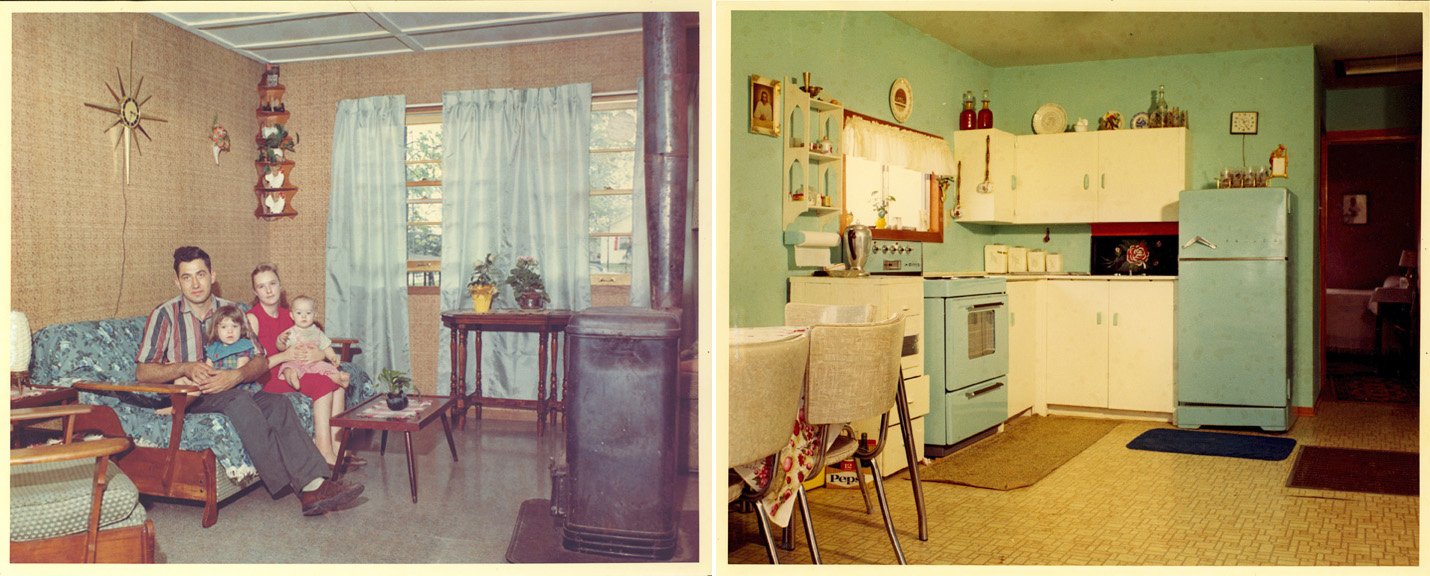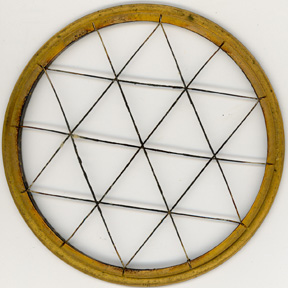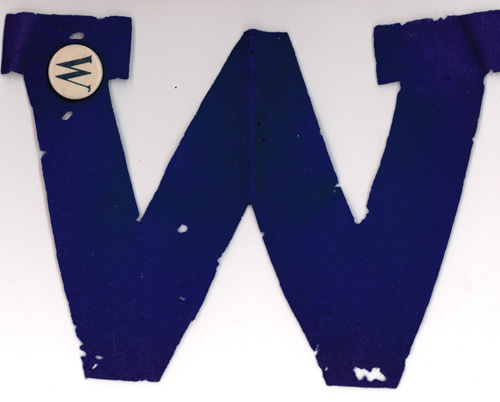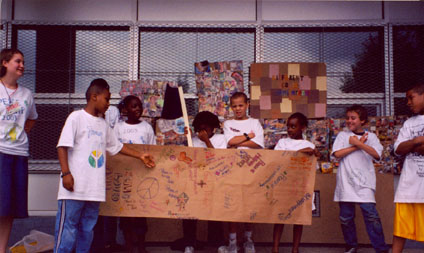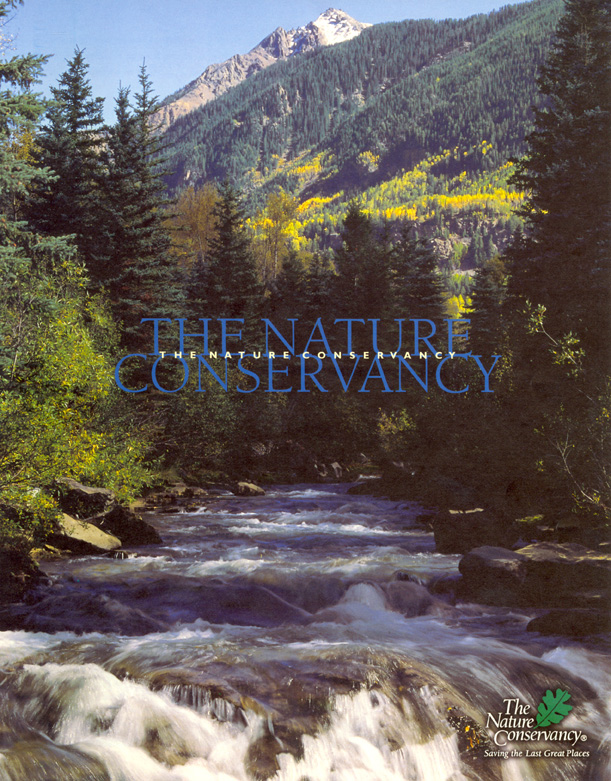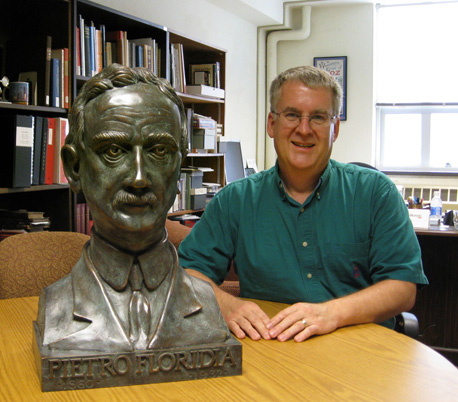By Laura Laugle
I have lately been going through a variety of files marked “T. M. Berry Biography.” A few are from the Theodore M. Berry collection and one came here to Archives and Rare Books rather serendipitously when Public Information was cleaning out alumni biography files. As a result, I have learned a great deal about Berry’s life as a whole, what he did before and after his public life, who he was as person and how that influenced his political career. One of my first finds in these files, and possibly my favorite of the entire collection thus far, was an envelope stuffed with old photographs. I can now say, with absolute certainty, two things which would never have occurred to me previously: Ted Berry made an adorable little cowboy and fedoras and spats are definite style “dos.” Continue reading

